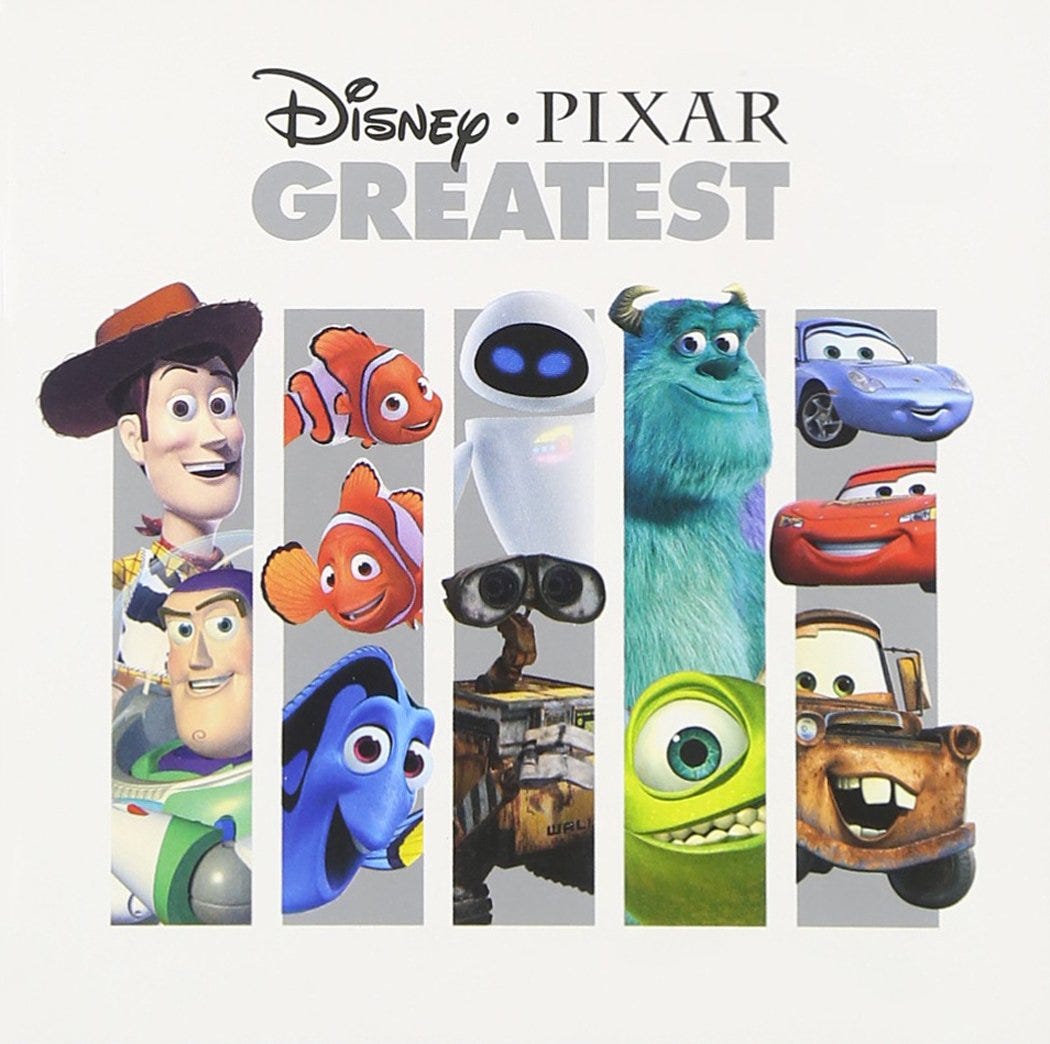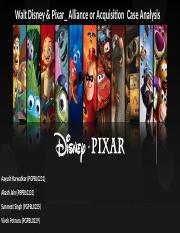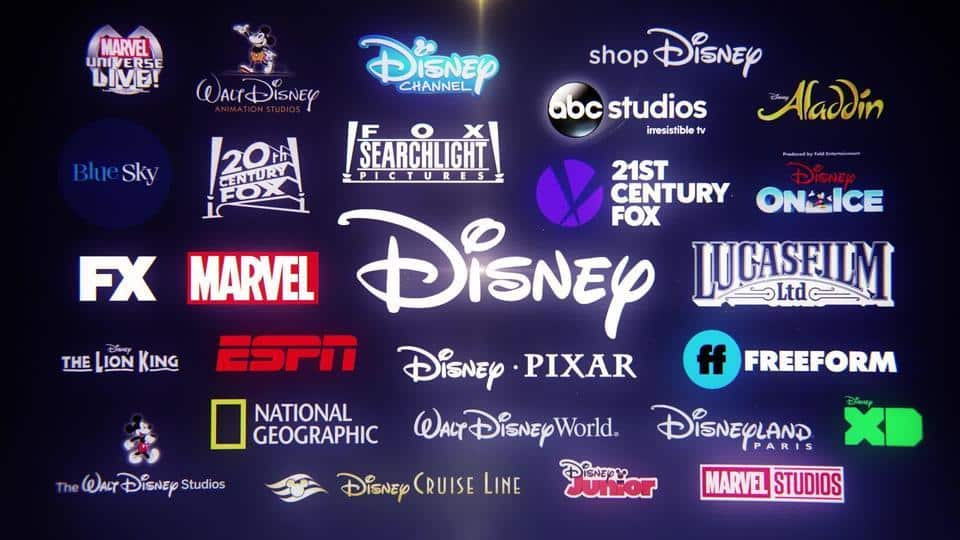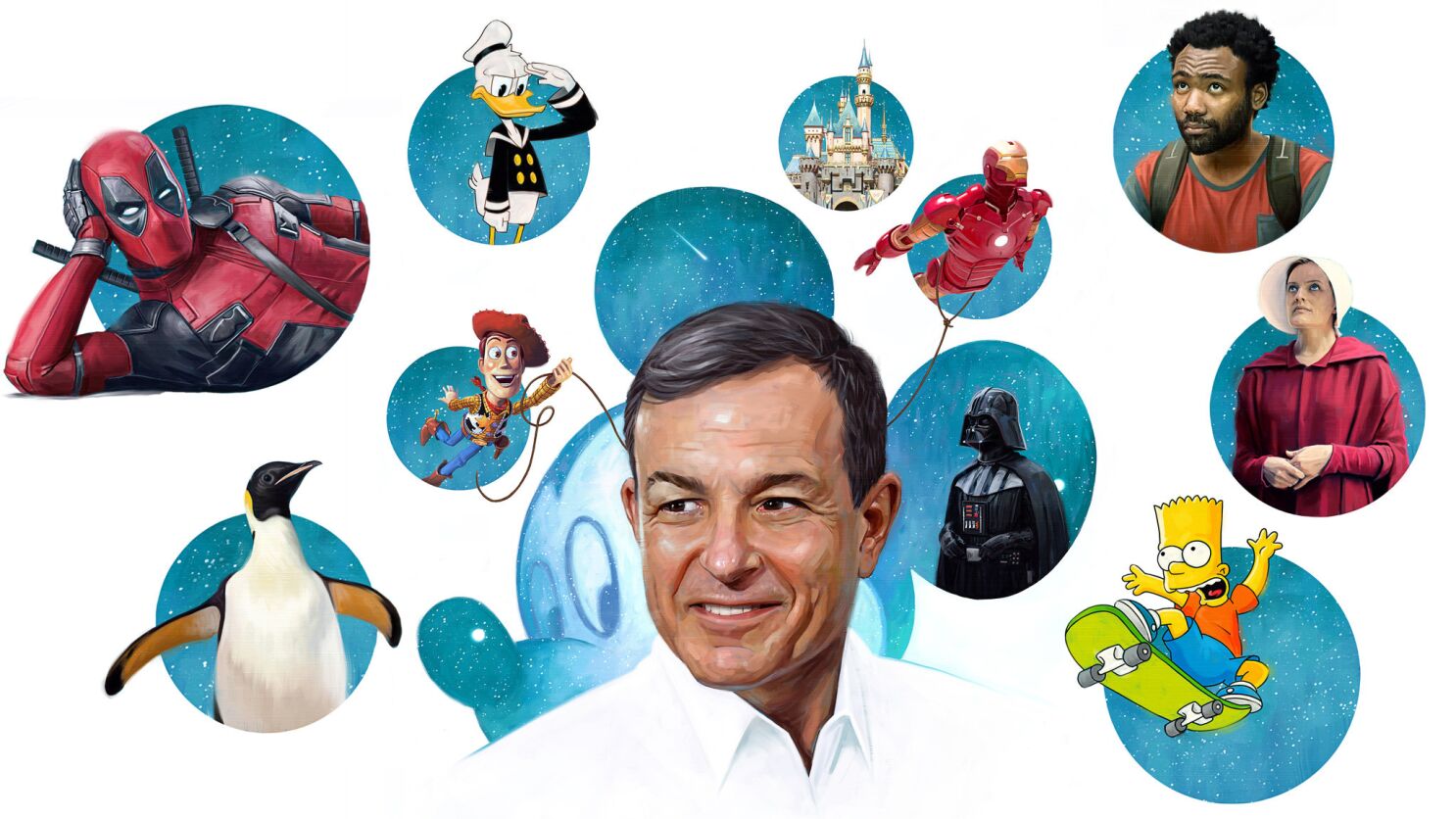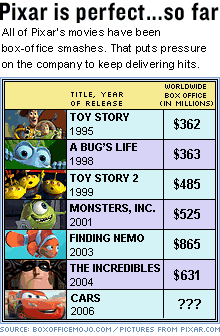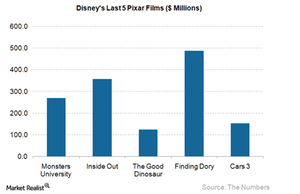Disney and Pixar are two of the most well-known and beloved entertainment companies in the world. In 2006, Disney made the decision to acquire Pixar, a move that would have significant ramifications for both companies. This essay will explore the history of both Disney and Pixar, the reasons behind the acquisition, and the impact that it has had on the entertainment industry.
Disney is a multinational media and entertainment conglomerate that was founded in 1923 by Walt Disney and Roy O. Disney. The company has a long history of producing animated films, television shows, theme parks, and other forms of entertainment. Some of Disney's most iconic franchises include Mickey Mouse, Donald Duck, and Snow White and the Seven Dwarfs.
Pixar, on the other hand, is a computer animation studio that was founded in 1979 as the Graphics Group. It was later renamed Pixar Animation Studios and became a subsidiary of Steve Jobs' company, Apple, in 1986. Pixar is known for producing critically acclaimed and commercially successful animated films, such as Toy Story, Finding Nemo, and The Incredibles.
In 2006, Disney announced that it was acquiring Pixar for $7.4 billion. The acquisition was seen as a way for Disney to strengthen its position in the animation industry, as it had been struggling to produce successful animated films in recent years. Pixar, on the other hand, was seen as a way for Disney to access new technology and creative talent.
The acquisition was met with mixed reactions from industry experts and the general public. Some saw it as a wise business move that would allow Disney to tap into Pixar's expertise and success, while others were concerned that it would lead to the loss of Pixar's independent spirit and creative autonomy.
Despite these concerns, the acquisition has largely been a success for both companies. Disney has been able to use Pixar's technology and talent to produce a string of successful animated films, including Frozen and Zootopia. Pixar, meanwhile, has been able to leverage Disney's vast resources and distribution network to expand its reach and impact.
The Disney-Pixar acquisition has also had a wider impact on the entertainment industry. It has brought together two of the most respected and influential companies in the field, and has helped to further consolidate the industry. This has had both positive and negative consequences, with some arguing that it has led to a lack of competition and diversity, while others see it as a way for the industry to pool its resources and talent to produce higher quality content.
In conclusion, the Disney-Pixar acquisition has had a significant impact on both companies and the entertainment industry as a whole. It has allowed Disney to access new technology and talent, and has helped Pixar to expand its reach and impact. While there have been concerns about the impact on competition and diversity, the acquisition has largely been seen as a success for both companies and has helped to further consolidate the industry.
